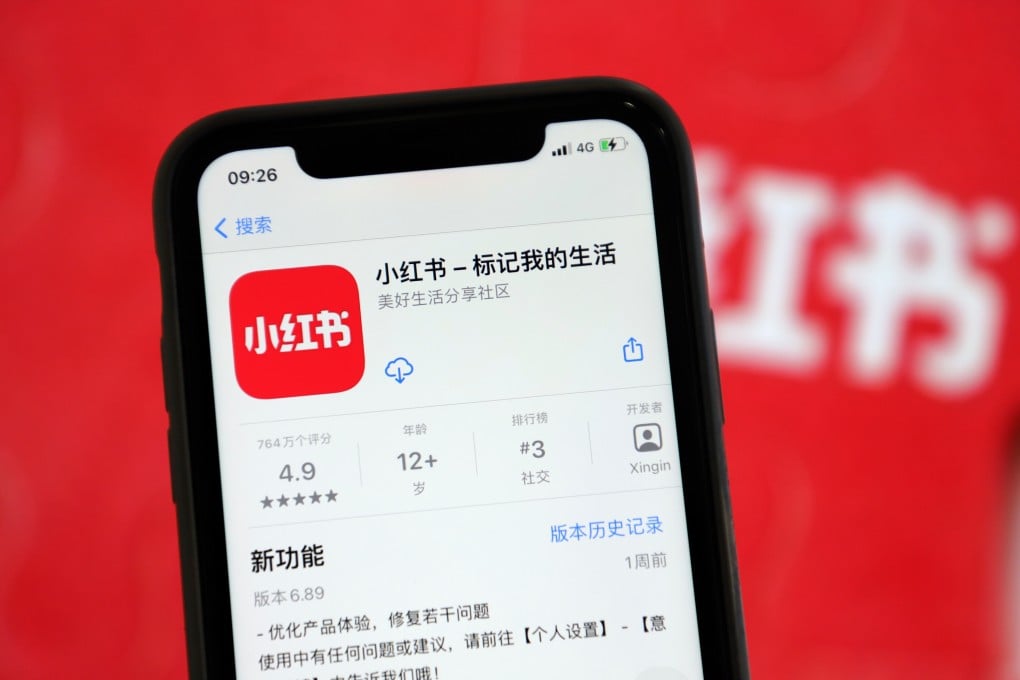China’s answer to Instagram apologises for upsetting tourists with heavily edited photos
- Xiaohongshu, also known as Little Red Book, admits that some bloggers on the platform have presented excessively edited images of travel attractions
- Users of the Chinese social platform have been complaining about disappointing visits to locations they saw on the app

Xiaohongshu, the social media and lifestyle platform sometimes known as China’s answer to Instagram, apologised for letting bloggers share heavily filtered photos of tourist attractions, disappointing users who went to those locations after seeing the pictures.
The app, also known as Little Red Book, issued a statement on Sunday on its social media account, admitting that some users have “over-beautified” their online travel diaries.
“Since the bloggers did not clearly state that their pictures were works of photography, they were perceived as travel guides. After the viewers visited those places in person, they found a big gap [between reality and what they saw online], leaving them feeling deceived,” the post said.
The platform, which said it has 100 million monthly active users, many of them young female consumers in their 20s and 30s, stressed that its community rules “explicitly call for users to avoid over-editing when sharing recommendations in areas such as beauty and make-up, fashion and store visits”.
“Everyone loves beauty, and you may moderately beautify your diaries. But please remember that the content you share might be used by other people as the basis for making decisions,” the platform said. “We sincerely apologise to our users.”
Xiaohongshu added that it plans to launch a rankings function for travel spots and a list of tourist traps that users should avoid.